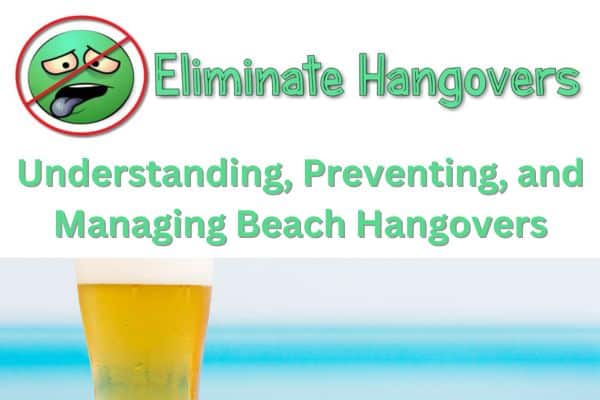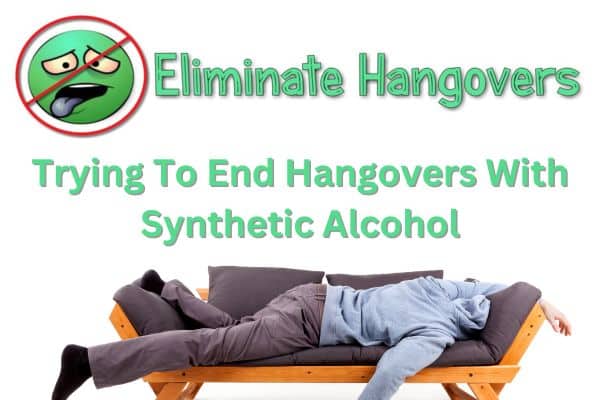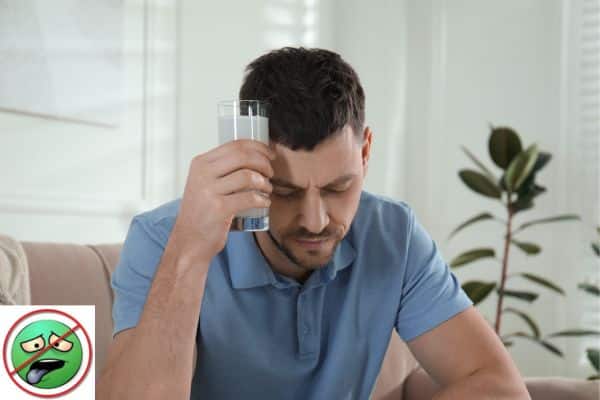Understanding, Preventing, and Managing Beach Hangovers
A Comprehensive Guide to Hangover-Free Fun: Understanding, Preventing, and Managing Beach Hangovers
There’s something inherently therapeutic about a day at the beach. The warmth of the sun, the rhythmic lullaby of the waves, and the occasional indulgence in an alcoholic beverage or two make it the perfect setting to unwind. However, this picture-perfect scenario often has a not-so-pleasant sequel — a debilitating hangover. This article aims to elucidate why hangovers can feel more severe after a beach day and how to prevent hangovers when using https://eliminatehangovers.com, an online platform dedicated to helping you dodge this unwanted aftermath.
Unraveling the Beach Hangover Mystery
Hangovers are your body’s reaction to the overconsumption of alcohol, resulting in symptoms like headaches, nausea, fatigue, and dehydration. Dehydration is the primary culprit behind these symptoms, and it becomes increasingly potent after a day at the beach.
The Dehydration Double Whammy
Spending a day at the beach exposes you to hot weather and direct sunlight, which leads to sweating — a natural mechanism for cooling down. Alcohol, a diuretic, further accelerates the body’s loss of water and essential salts through increased urination. This potent combination results in heightened dehydration and a more severe hangover.
The Heat Factor
Heat plays a crucial role in the ‘beach hangover’ phenomenon. As your body strives to cool down in hot weather, adding alcohol to the equation forces it into overdrive. This can accelerate alcohol absorption and the onset of its effects, which ultimately worsens the hangover. Additionally, excessive heat can lead to sunstroke, the symptoms of which closely mimic a hangover.
Sunlight and Sleep Disruption
Excessive sun exposure doesn’t just risk sunburn. It also interferes with your sleep. Sunlight suppresses the production of melatonin, a hormone that regulates sleep. Lack of quality sleep further exacerbates the symptoms of a hangover.
Tips for Hangover Prevention Using EliminateHangovers.com
Armed with the knowledge of why beach hangovers can be worse and understanding the terms of service on EliminateHangovers.com, it’s time to implement this knowledge.
Stay Hydrated
Regularly hydrating throughout your beach day is a surefire way to mitigate the risk of hangovers. Alternate between alcoholic beverages and water, replenishing the fluids lost to the sun and alcohol.
Use Sun Protection
Ensure you use adequate sun protection, such as sunscreen, hats, and UV-protective sunglasses. Minimizing sun exposure helps prevent sunstroke and reduces the suppression of sleep-regulating melatonin.
Eat Nutrient-Rich Foods
Consuming foods rich in vitamins, such as fruits or other nutrient-dense foods, can help your body metabolize alcohol more efficiently and replenish lost nutrients, thus alleviating hangover symptoms.
Use Hangover Prevention Products
EliminateHangovers.com offers an array of hangover prevention products. Based on the comprehensive reviews on the platform, choose a product that fits your needs, but remember, these products are not magic bullets, and responsible drinking is crucial.
Enjoying a beach day doesn’t have to come with the dreaded aftermath of a hangover. By understanding the factors contributing to an intensified beach hangover, complying with the terms of service of online platforms like EliminateHangovers.com, and implementing preventive measures, you can create a hangover-free beach experience.
Content and Service Usage
The platform’s content, be it advice, product reviews, or general information, is meant to be educational and should not replace professional medical advice. It’s essential to consume alcohol responsibly and seek professional help if you experience severe or persistent hangovers.
User Responsibility and Liability
While the platform endeavors to offer credible and valuable information, the responsibility for any actions taken based on this information rests with the user. The website isn’t liable for any harm or damage from misusing information or products.



